Understanding and Experiencing Religion
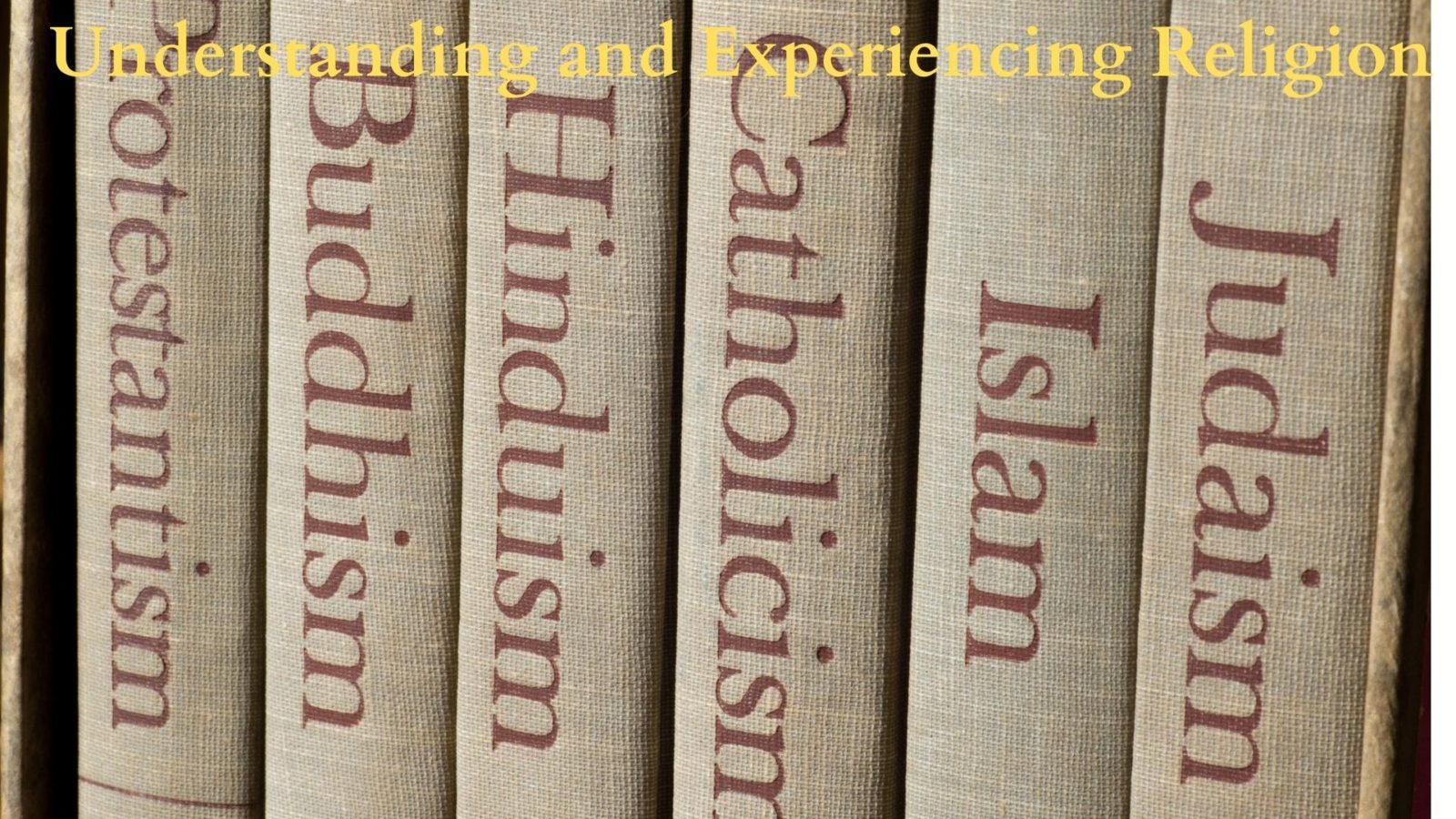
Religion is all around us, we wake up in the morning to the sound of a temple bell ringing or a late-night azaan depending on our preference 🙂 Many of us are used to the sight of getting up early in the morning and watching our parents consuming the content of Sanskar or Aastha channel where they are listening to some religious pravachan (sermon) by some Swamiji.
Our language is full of words and expressions that are directly out of our religious faith. How many times have we used the expression Oh My God to express disbelief, frustration, excitement, or anger? You could be a nastika or an astika, but a significant chunk of your life is based on either the acceptance or rejection of beliefs and truth claims of some Darshana or Sampradaya that is followed by your society or peer group. But the irony is in spite of this barely anyone reads their sacred texts or scriptures beyond knowing the basic facts that have been passed on to them from their parents and extended family or friends.
As a disbeliever/skeptic/nastika/nireshvarwaadi, I have always had a very keen interest in religion. For the record, I would be one of the least religious/ritualistic people you will find at an individual level. But, in spite of my complete disbelief, I still think religious texts should be read and understood in a lot more detail beyond the mere stories and anecdotes. One would ask why? Well, there are multiple reasons like:
- Understanding our historical and cultural evolution: Whether we like it or not religion is the single strongest memeplex out there. It is the one single factor that has influenced our life the most since the last few thousand years. So ignoring religion and its texts would be the silliest thing one can ever do.
- Wonderful poetry: Have you ever read the kalaam of Bulleh Shah? Or have you read the bhajans of Mira Bai? It does not matter if you believe a word of what they say. The sheer beauty and magnificence of the language used by them blow one away.
- Wonderful life lessons: Religious texts are full of beautiful life lessons and philosophies. At a personal level, I live my life by the principles of Nishkaam Karma as it has been explained by Shri Krishna in the Bhagavad Geeta. Now do I believe in the divinity of Shri Krishna? Not at all, in fact, the historicity of a Shri Krishna does not matter to me at a personal level. But, the lessons that he teaches in the Geeta could help us in multiple ways.
- Understanding the roots of many evils in our society: Where does jati varna originate from? What do the smriti texts have to say about the status of women and the lower castes? Every time we try to have a discussion about these issues we get a standard answer which is either a complete rejection that problematic views can originate from religious texts, or they get dismissed by using the No True Translation Fallacy.
So what do we in such a situation? Well, I have taken a small step in this direction. From the 8th of August 2020, I will be starting a new feature on the podcast. It will be called Understanding and Experiencing Religion. I will be reading multiple religious texts Chapter by Chapter, Verse by Verse and discussing its meaning and message from a modern, pre-modern and maybe even a post-modern lens. We will also try to look at them through an Abrahamic and Dharmic lens.
It will be a journey which I want to take with all of you. My aim is not to convert you into or out of any religious sect. My aim is to make you push your intellectual boundaries and make you look at religion in detail. I have kept a minimum entry barrier for the same. So the ones who want to access this new content will have to pay 5$ or more a month on Patreon. If you do not want to join the subscription on Patreon you can go on YouTube and become a member of the Speak With Me tier.
The texts which I plan to cover as of now are the Ramayana, Mahabharata, Manu Smriti, Yajnavalkya Smriti, Parashara Smriti, Rigveda, 14 Upanishads, Tirukkural, Arthashastra and the Kamasutra. The list is not complete. I shall be adding more scriptures from other Indic and Non-Indic Darshanas as we complete the texts mentioned above.
This is going to be a very long journey. I intend to complete this mammoth task in the next 3 to 5 years. Hopefully, by the end of this period, the ones who access this content will have a very robust and detailed knowledge of not only their own but many other religions too. Some might call my effort a waste of time and energy, but all I can say is that I humbly disagree with them. Many have already subscribed for this new journey on YouTube/Patreon. I am thankful to all of them. It is because of their support that I am pursuing this new path on the podcast. I also want to thank each and every one of you who will be subscribing to this program in the future as well.
I shall end with the wise of words of Shri Krishna ” कर्मण्येवाधिकारस्ते मा फलेषु कदाचन । मा कर्मफलहेतुर्भुर्मा ते संगोऽस्त्वकर्मणि ॥
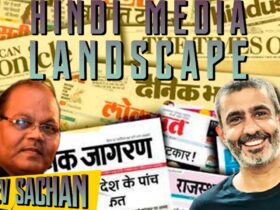
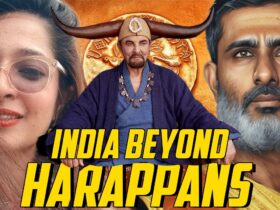

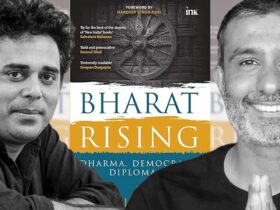
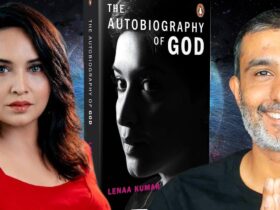
Connect With Me